- film treatments
- character profiles
- plot lines
- storyboards
- scripts
- location scouts
- shot lists
- crews & talent
- Shoot to Edit
- Continuity
- TV CREW
Interviews
Video taped interviews can be informative, thought provoking, entertaining, and powerful.
The questions that are asked, the responses that are recorded and the presentation all create meaning. The setting, camera angles and tone of an interview will affect the content of the interview.
-
When planning your interview paying attention to:
- how you approach your subject
- what questions you ask
- how you ask your questions
- the setting/location that you choose
- the lenth of your interview
FORMS
For your interview project- Each Crew must do your pre-production
- Think of an Interview topic
- write three questions to ask your interviewee
- your question must not have a one word answers!
- Bring the questions to me
- The first two crews to have approved questions will shoot
- fill out of call sheet for your shoot
- Introduction or the interviewer
- some example questions to the interviewee
- What's your name?
- Are your a Seahawk fan?
- What's your favorite sport?
- what's your favorite team?
- How does it feel be a world champion?
- How do your feel about ........
- what's your opinion of .......
- What do you think about ......
- What do you think it means to be a Baker Bulldog?
- What is the Bulldog Way?
- fill out of call sheet for your shoot
- write three questions to ask your interviewee
60 Minutes style
1. Write a letter requesting an interview.
- write a letter asking for an interview
- identify and introduce yourself
- explain the project
- suggest a date time and place
- give the interviewee the questions that you will be asking
- wait for a reply
- when you are granted an interview followup with a 'thank you' letter and phone call
- get to location early,
- choose a set that seems to reflect the interviewee's style
- shoot B roll after the interviewee is done.
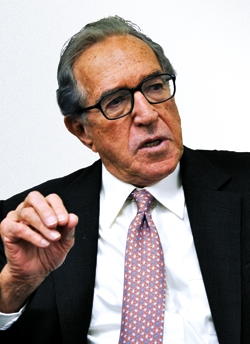
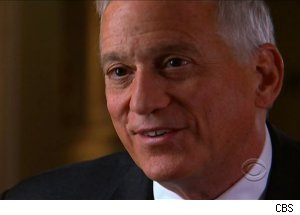
CU interviewer looking left nodding yes
CU interviewer looking left nodding no
Block Your Shots - Camera placement is meaningful to the audience.
How the Camera peroson composes each shot will effect what your interview means and how well it is understood.
Placing the lens above the interviewee's eye level will make him or her look smaller and less powerful
Placing the lens below the interviewee's eye level will make him or her look bigger and more powerful
Placing the lens at the interviewee's eye level is a neutral position.
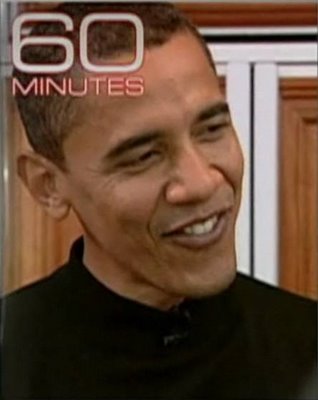
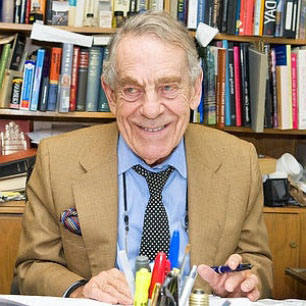
CU interviewer looking right
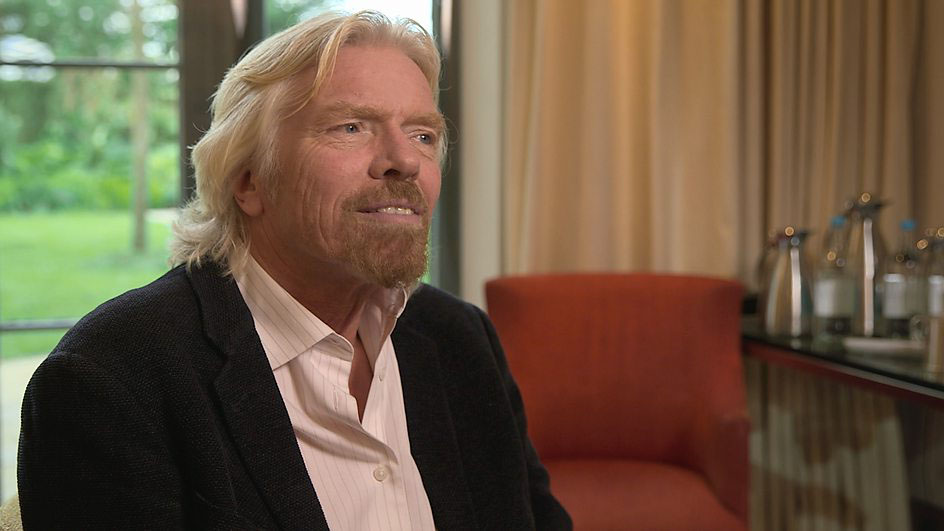
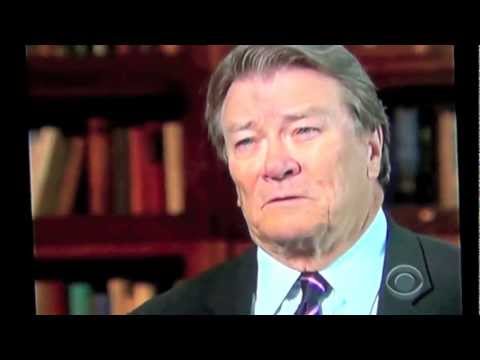
CU interviewer looking right nodding yes
CU interviewer looking right nodding no
MS interviewer looking left nodding yes
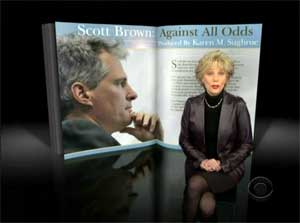
CU interviewer centered
CU interviewer centered nodding yes
CU interviewer centered nodding no
MS interviewer centered
MS interviewer centered nodding yes
MS interviewer centered nodding no
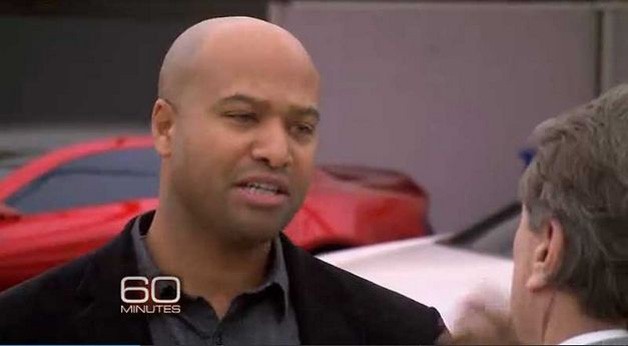

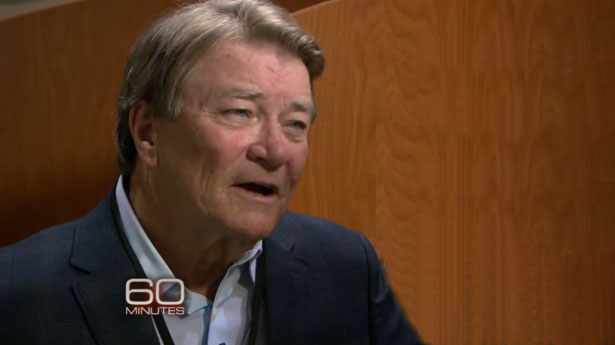
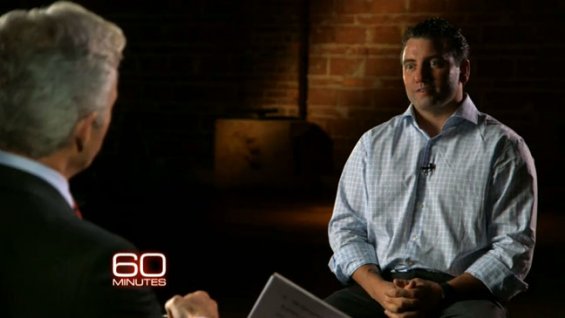
MS interviewer looking right nodding yes
MS interviewer looking right nodding no
Man on the Street -
Pick a location which relates to your project and is a public place (street, park, school ground)
Identify yourself and explain who you are and who you represent.
Ask questions that have more than a 'yes' or 'no' answer
look the interviewee right in the eyes
stand close to the camera while your ask questions, unless you are on camera
if you are on-camera, than look at the person your are interviewing